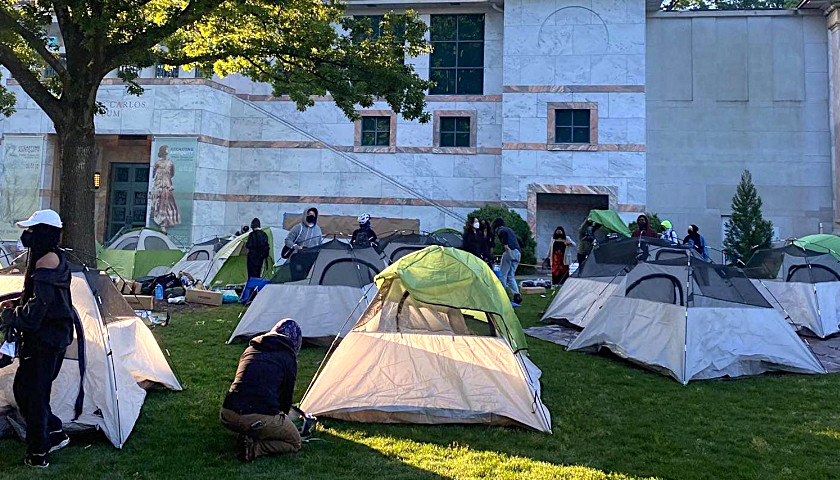Democrat Nashville lawmakers Rep. John Ray Clemmons (D-Nashville-HD55) and Sen. Brenda Gilmore (D-Nashville-SD19) filed a bill that would change the start times of high schools and middle schools, ostensibly giving students more time to sleep.
HB1836 and SB1818 were filed on Wednesday and amend Tennessee Code Annotated, Section 49-6-3004, by adding “Beginning with the 2023-2024 school year, each public high school shall begin classroom instruction no earlier than eight-thirty a.m. (8:30 a.m.). Beginning with the 2023-2024 school year, each public middle school shall begin classroom instruction no earlier than eight o’clock a.m. (8:00 a.m.).”
High school students are defined in the bill as students that are in grades 9-12 and middle school students are children in grades 6-8. In many areas, these changes could given students an extra hour or more of sleep.
The change in school times would align with recommendations made by the CDC.
The CDC’s website says that, “Children and adolescents who do not get enough sleep have a higher risk for many health and behavior problems.” A higher risk of obesity, diabetes, injuries, poor mental health, and problems with attention and behavior are issues that students lacking sufficient amounts of sleep face.
Middle school students (grades 6-8) were surveyed in 9 states and 57.8% were found to be lacking in sleep. A national sample of high school students (grades 9-12) was also conducted and 72.7% of them were found to be short on sleep.
The CDC recommends that parents can support their child’s sleep habits by, “Sticking to a consistent sleep schedule during the school week and weekends. This means going to bed at the same time each night and getting up at the same time each morning. Adolescents whose parents set bedtimes are more likely to get enough sleep.”
They can also help their children sleep properly by “limiting light exposure and technology use in the evenings”, “when their children may use electronic devices”, and limiting “where their children may use electronic devices (for example, not in their child’s bedroom).”
The American Academy of Sleep Medicine recommends that children aged 6–12 years should sleep 9–12 hours per day and teenagers aged 13–18 years should sleep 8–10 hours per day.
The CDC came to their conclusions based on national and state Youth Risk Behavior Surveys conducted in 2015. The “Short Sleep Duration Among Middle School and High School Students — United States, 2015” study methodology and more findings can be found here.
Elementary school aged students are not mentioned in this bill.
– – –
Aaron Gulbransen is a reporter at The Tennessee Star and The Star News Network.








